Pentagon Announces Withdrawal of Marines from Los Angeles
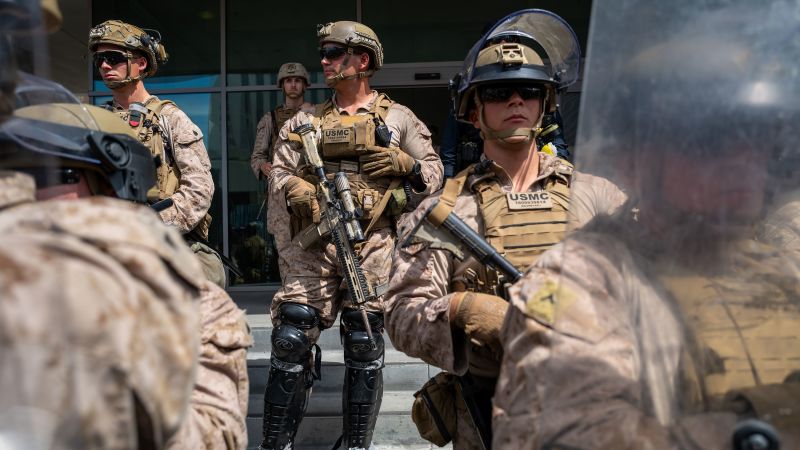
The Pentagon announced on Monday, July 21, 2025, that it is withdrawing approximately 700 active-duty U.S. Marines from Los Angeles. The Marines, primarily from the 3rd Battalion, 7th Marine Regiment, will return to their regular assignments, marking a significant step back from the federal government's recent military presence in the city.
Marines Deployed in Response to Protests

The deployment of the Marines, along with the California National Guard, was initially ordered by President Donald Trump on June 7, 2025. This decision came in response to widespread protests against immigration enforcement operations carried out by U.S. Immigration and Customs Enforcement (ICE). The Marines' primary mission was to safeguard federal property and personnel amidst the demonstrations.
Initial Deployment and Troop Rotations
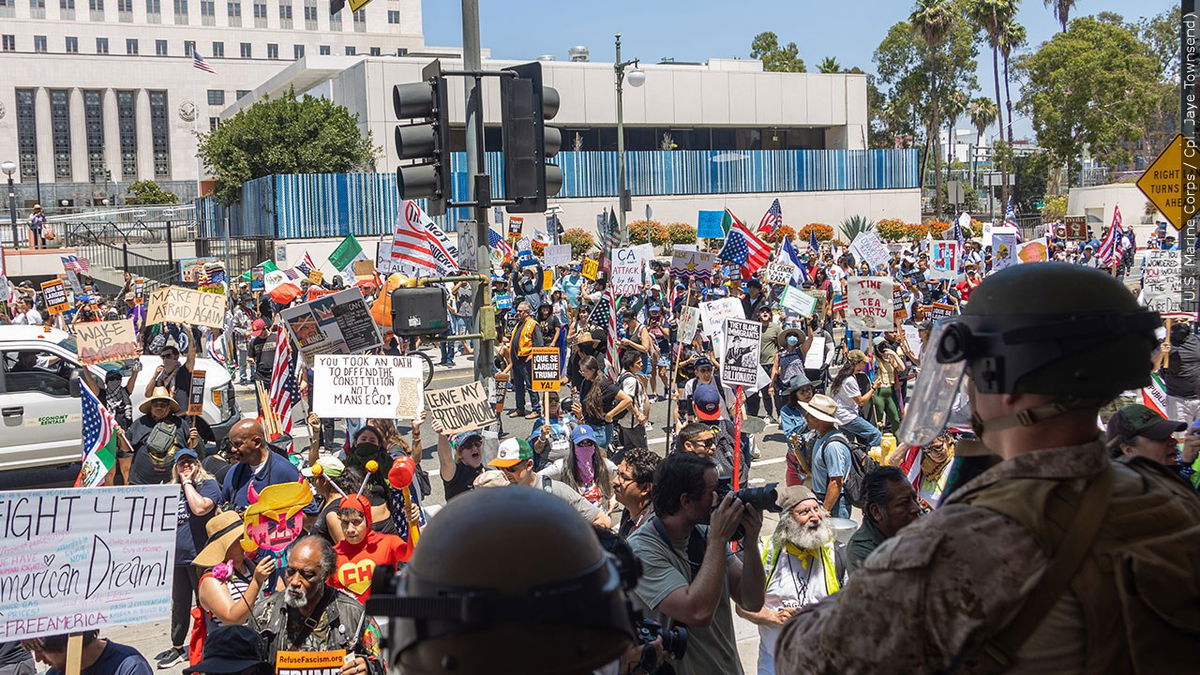
The first contingent of approximately 700 Marines was mobilized to Los Angeles on June 9, 2025. Initially, these troops were drawn from the 2nd Battalion, 7th Marine Regiment, 1st Marine Division. Later, a rotation occurred, with 400 Marines from the 3rd Battalion, 7th Marine Regiment, 1st Marine Division, replacing the initial deployment.
National Guard Reductions Preceded Marine Withdrawal
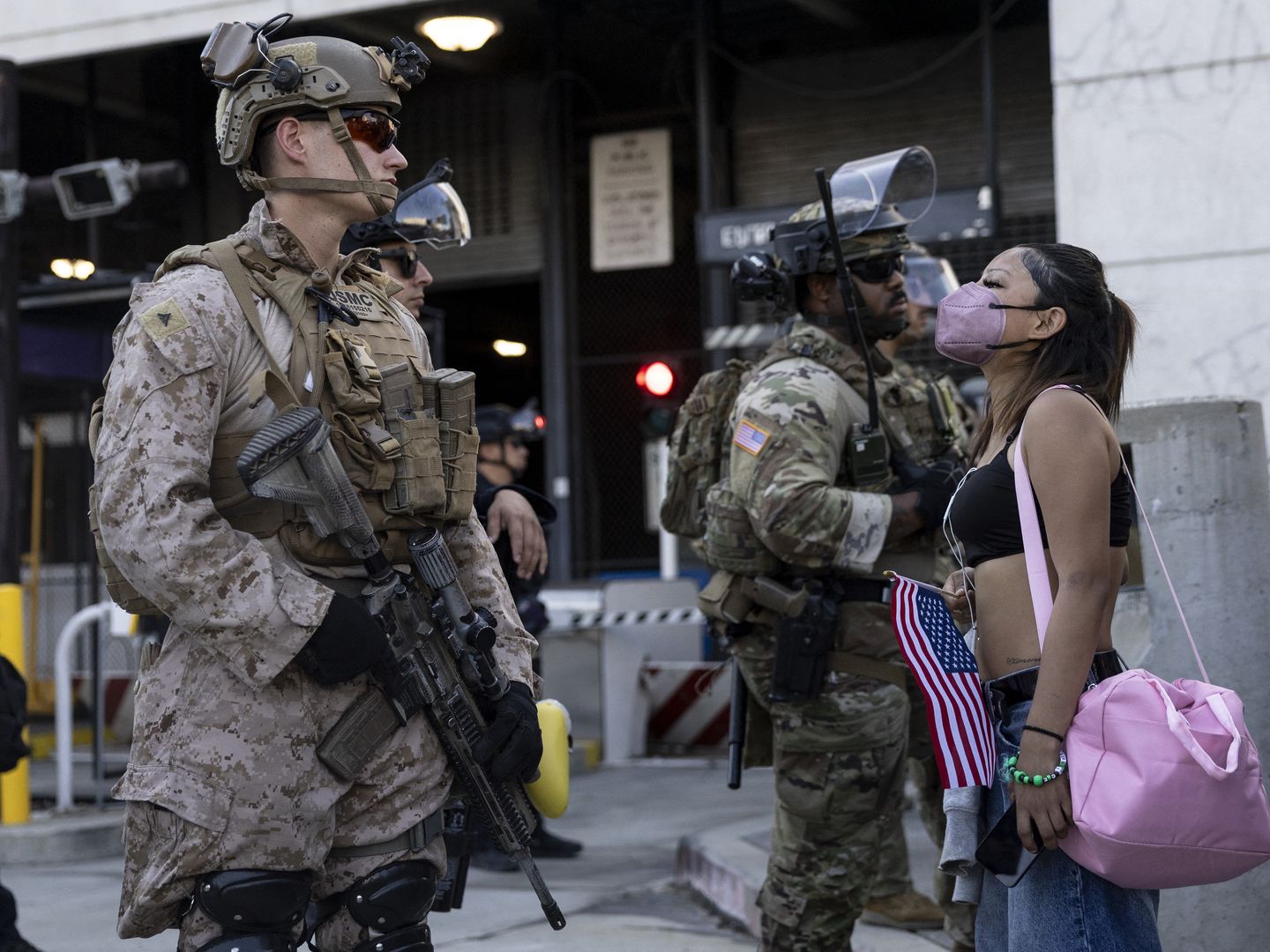
Prior to the Marines' withdrawal, the Pentagon had already begun reducing the number of National Guard troops deployed to Los Angeles. Roughly 2,000 National Guard members were released from duty last week. However, approximately 2,000 National Guard troops remain deployed in the Los Angeles area.
Pentagon's Statement on the Withdrawal

Chief Pentagon spokesman Sean Parnell stated that the withdrawal was prompted by "stability returning to Los Angeles." He added, "With stability returning to Los Angeles, the Secretary has directed the redeployment of the 700 Marines whose presence sent a clear message: lawlessness will not be tolerated." Parnell praised the Marines for their "rapid response, unwavering discipline, and unmistakable presence" in restoring order.
Local Opposition to Military Deployment
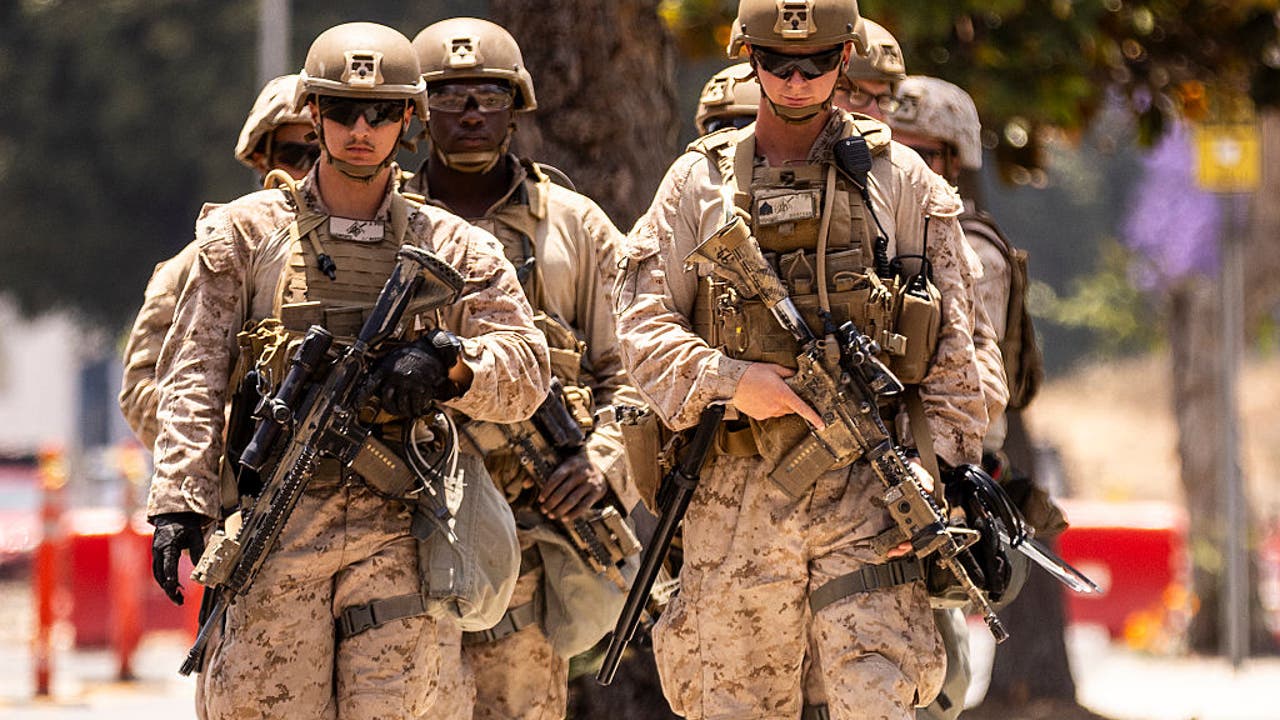
The deployment of both Marines and National Guard troops faced strong opposition from local officials. Los Angeles Mayor Karen Bass has been a vocal critic of the military presence, describing it as "unnecessary, unprecedented, and unconstitutional." She hailed the Marines' departure as "a victory" and urged for the full withdrawal of all remaining military personnel, arguing that Marines are not trained for domestic crowd control or civilian law enforcement.
Governor Newsom's Legal Challenges
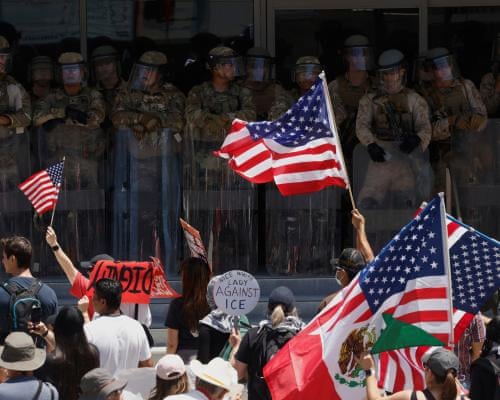
California Governor Gavin Newsom also opposed the deployment from the outset. He took legal action against the Trump administration over the federalization of the California National Guard, arguing that it violated the Posse Comitatus Act, which generally prohibits the use of the military for domestic law enforcement. Newsom has consistently called for the complete withdrawal of all troops, asserting that they were being used as "political pawns." An appeals court, however, allowed Trump to retain control of the troops.
Task Force 51's Oversight Role

U.S. Northern Command established Task Force 51 to oversee the military's mission in Los Angeles. This task force was responsible for managing both the National Guard and Marine forces deployed in the city.
Controversy Surrounding Military Use in Domestic Protests
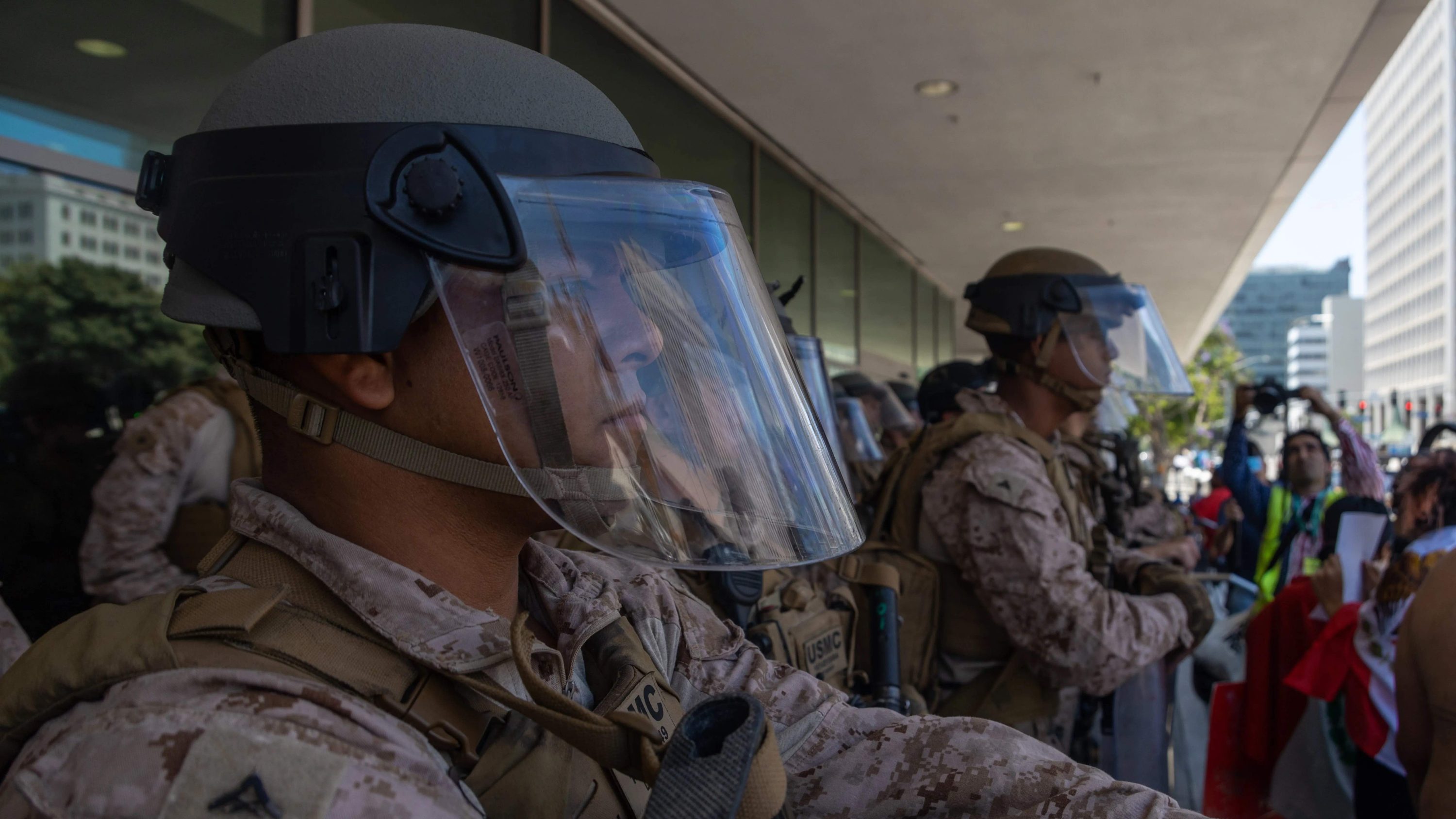
The decision to deploy active-duty military and federalized National Guard troops to U.S. cities, especially without the consent of state and local authorities, ignited a national debate. The controversy centered on the appropriateness of using the military on American soil and the potential for overreach.
Impact on the National Guard and State Resources

Governor Newsom also emphasized the strain that the National Guard deployment placed on state resources. He noted that the deployment pulled troops away from their families, civilian jobs, and other crucial state duties, such as fighting wildfires, a particularly pressing concern in California during fire season.
Public Concerns over Militarization
The presence of armed military personnel on city streets, particularly during protests, raised concerns among civil liberties advocates and the public. These concerns focused on the potential for infringing on constitutional rights and blurring the lines between military and civilian law enforcement.